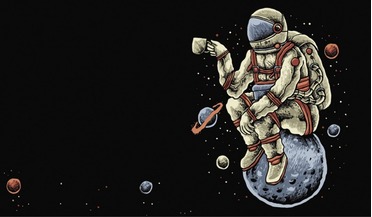 February 2022
Nutritional issues on interplanetary spaceflights
February 2022
Nutritional issues on interplanetary spaceflights
... to cover actual energy consumption and maintain performance during the flight. The main negative aspects of the nutrition options considered are: for transportation spacecraft, it is impossible to provide hot meals, which limits the period of using...
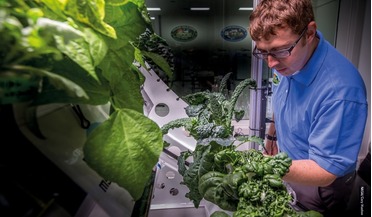 February 2023
How to grow plants in a spacecraft
February 2023
How to grow plants in a spacecraft
...days in microgravity, even with stringent resistive exercise countermeasures. Astronauts have also been shown to suffer from nutritional deficiencies in potassium, calcium, vitamin D and vitamin K because food supplied does not allow them to meet the...
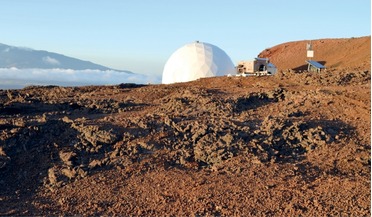 May 2017
Recipe for success on flights to Mars
May 2017
Recipe for success on flights to Mars
... during mealtimes when the normally jovial atmosphere became tense and quiet. Expression of culture Apart from nutrition, food affects us on so many levels; it’s hard to understate its importance on a mission. Not having enough food can cause...
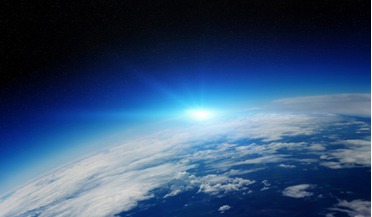 August 2016
Long-term spaceflight and microbiological safety issues
August 2016
Long-term spaceflight and microbiological safety issues
...to other life forms - high and low temperatures, radiation doses that are deadly to humans, very little nutrition, etc. The fact that microorganisms are capable of establishing residence in the material of an orbiting module is of critical importance...
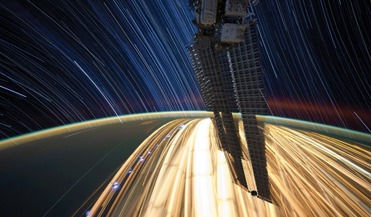 September 2017
Spaceflight studies support geriatric health on Earth
September 2017
Spaceflight studies support geriatric health on Earth
... people should be further explored and recommendations made that take into account key factors such as (mal-) nutrition, (de-) conditioning, muscle loss, cardiovascular and vestibular effects, which arise in aging and/or long term bed confinement...
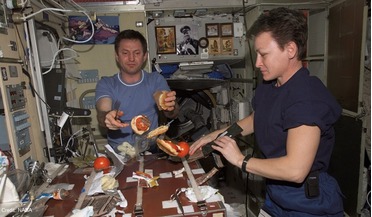 October 2015
Eating in space: from Michelin-starred chefs to self-sufficiency
October 2015
Eating in space: from Michelin-starred chefs to self-sufficiency
..., making stimulation of astronauts’ appetites one of the major challenges for food technologists. This isn’t a straightforward matter. Nutritional balance plays its part, as low zinc intake can significantly affect the senses of taste and smell...